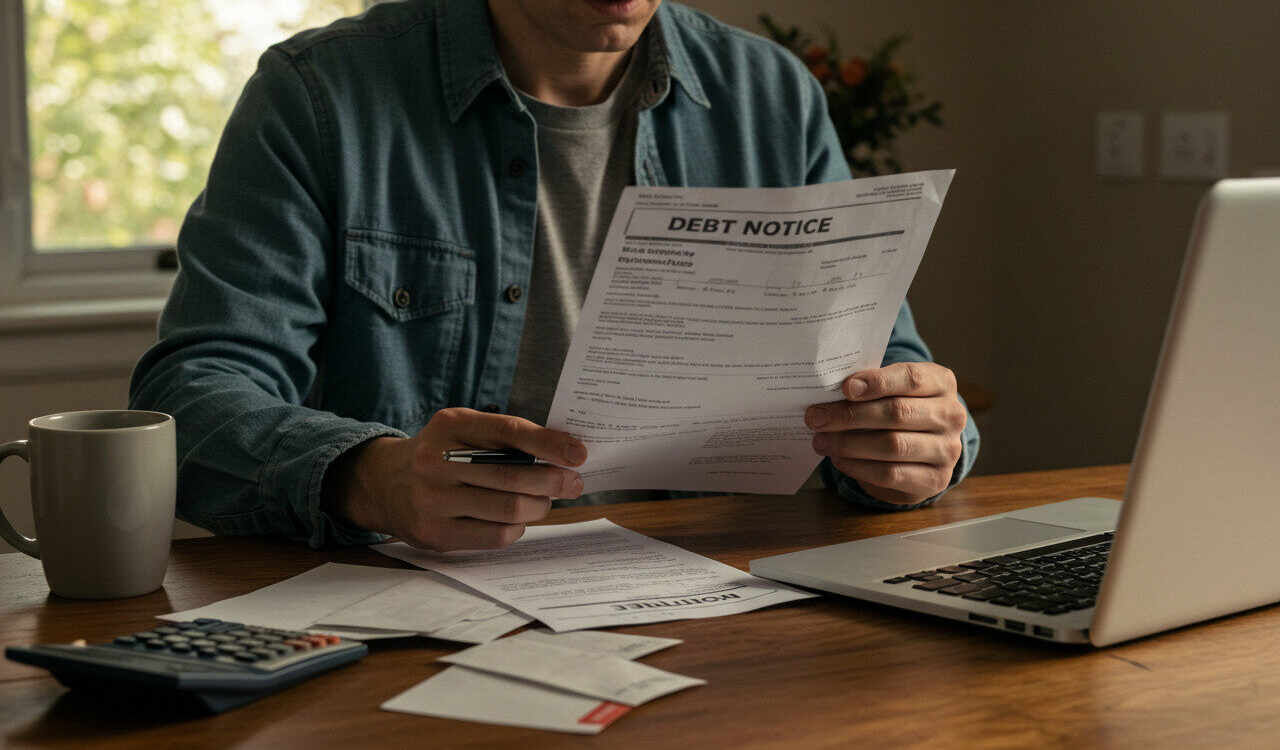What Debts Can Be Discharged in Bankruptcy?
When money problems mount, the word bankruptcy can feel like a heavy cloud overhead. The idea of a fresh start is appealing, but it’s important to understand that not all debts are treated equally in bankruptcy. This guide explains what debts can be wiped out, which ones typically remain, and what you should know before deciding if bankruptcy is right for you.
The Bankruptcy Process and Its Impact on Debt Relief
Filing for bankruptcy can feel like a last resort, but it might offer a way to clear or reorganize your debts and regain control of your finances. However, different types of debts are handled differently:
- Secured debts (like mortgages or car loans) are tied to specific assets. If you don’t keep up with payments, you risk losing these assets.
- Unsecured debts (such as credit card debt or medical bills) can often be fully discharged through bankruptcy.
Two common types of personal bankruptcy filings are
| Bankruptcy Type | Debt Types Eliminated | Asset Risk |
|---|---|---|
| Chapter 7 | Most unsecured debts | Higher risk of losing assets |
| Chapter 13 | Various unsecured and some secured debts | Lower risk; repayment plan helps keep assets |
Chapter 7 offers a faster discharge of debts, usually within months, but risks losing property. Chapter 13 spreads payments over three to five years, helping you keep your property while repaying debts.
Debts That Can Be Discharged in Bankruptcy
The debts you can often eliminate through bankruptcy include:
- Credit card debt: High-interest balances that can quickly become overwhelming.
- Medical bills: Unexpected healthcare costs can be discharged.
- Personal loans: Loans from friends, family, or informal lenders are often included.
- Utility bills: Unpaid utility bills may be cleared.
Non-Dischargeable Debts (Usually Cannot Be Wiped Out)
Some debts remain after bankruptcy, including
| Debt Type | Discharged? |
|---|---|
| Student loans | No |
| Child support | No |
| Taxes owed | Typically no |
| Secured debts (mortgages, car loans) | Usually no |
For example, student loans generally stay, except in rare cases of “undue hardship.” Child support and alimony must be paid regardless of bankruptcy.
Non-Dischargeable Debts
Certain debts will remain your responsibility even after bankruptcy:
- Student loans: Typically not discharged unless extreme hardship is proven.
- Child support and alimony: These obligations remain enforceable.
- Fines and penalties: Criminal fines must be paid.
- Recent tax debts: Most taxes less than three years old cannot be discharged.
Long-Term Effects of Bankruptcy
While bankruptcy can relieve many debts, it has lasting financial effects:
- Credit score impact: Filing can significantly lower your credit score, affecting your ability to get loans or good interest rates for years.
- Higher interest rates: Future borrowing may be costlier.
- Challenges renting: Landlords often check credit reports, and bankruptcy can make renting more difficult.
- Higher insurance premiums: Some insurers use credit history to set rates.
Rebuilding your finances post-bankruptcy involves budgeting, timely payments, and saving for emergencies.
Steps to Take Before Filing for Bankruptcy
Before filing, consider these steps:
- List your income and expenses to understand your financial situation.
- Prioritize important bills, such as rent and utilities.
- Negotiate with creditors to see if you can get better terms or payment plans.
- Seek credit counseling from nonprofit agencies.
- Explore ways to increase income or reduce non-essential spending.
| Debt Overview | Total Owed | Monthly Payment |
|---|---|---|
| Credit Card | $5,000 | $150 |
| Personal Loan | $3,000 | $100 |
| Medical Bills | $2,500 | $75 |
Exploring Bankruptcy Alternatives
Bankruptcy is not the only option for debt relief:
- Debt consolidation: Combine debts into one lower-interest loan.
- Credit counseling: Work with a counselor to negotiate and budget.
- Debt settlement: Negotiate paying less than owed, though this may hurt credit.
- Budgeting: Cut expenses and focus on paying off debts.
Many creditors offer hardship programs—contact them early.
Factors for Choosing Between Chapter 7 and Chapter 13
- Amount and type of debt
- Property and assets owned
- Income and monthly expenses
- Long-term financial goals
Frequently Asked Questions
What is bankruptcy?
A legal process that helps people or businesses unable to pay their debts either discharge or repay them under court protection.
Does bankruptcy clear all debts?
No. Many unsecured debts can be discharged, but student loans, child support, alimony, and recent taxes usually cannot.
What happens to secured debts?
If you keep up payments, you may keep the asset; otherwise, the lender can repossess it.
How does bankruptcy affect credit?
It can lower your credit score for up to 10 years, making future borrowing more difficult.
Updated by Albert Fang
Source Citation References:
+ Inspo
There are no additional citations or references to note for this article at this time.
